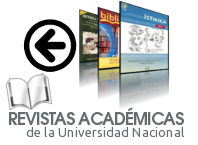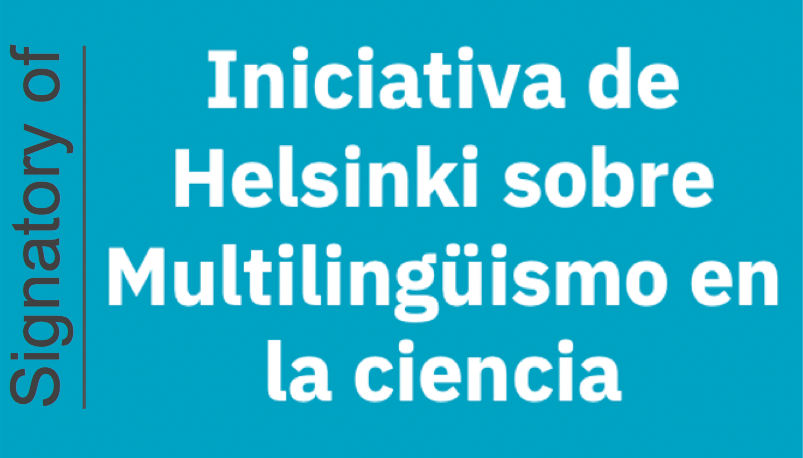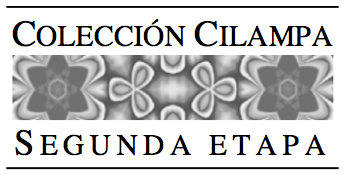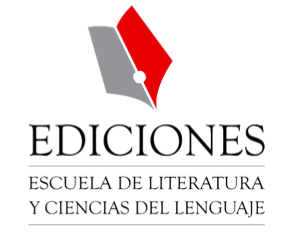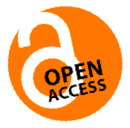The Language-Culture Link in Exolinguistic Tourism Service Encounters
DOI:
https://doi.org/10.15359/rl.2-58.4Palabras clave:
exolinguistic interactions, culture, language processes, intercultural communication, interacciones exolingüísticas, cultura, procesos de lenguaje, comunicación interculturalResumen
This article discusses four aspects related to cultural and linguistic interaction within exolinguistic communication prevalent in tourism. The first aspect refers to the role of culture as an essential part of linguistic exchanges, and the second explains the unconscious nature of socialization and language processes. The third aspect is the pragmatics of communication in exolinguistic service interactions, and the fourth approaches the role of habitus in intercultural communication in tourism.
Este artículo trata cuatro aspectos relacionados con la interacción entre la cultura y el idioma, en el contexto exolingüístico del sector turístico. Un primer aspecto se refiere al papel de la cultura en los intercambios lingüísticos; el segundo explica la naturaleza inconsciente de los procesos de la socialización y el idioma; el tercer aspecto se refiere a la pragmática de la comunicación en las interacciones exolingüísticas de servicio; y el cuarto aspecto expone el papel del habitus en la comunicación intercultural en el turismo.
Referencias
André, Virginie and Desiree Castillo. “The ‘Competent Foreigner’: A New Model for Foreign Language Didactics?” Bent Preisler, Anne Fabricius, et al., eds, The Consequences of Mobility. Roskilde: Roskilde University, 2005.
Appadurai, Arjun. “Disjuncture and Difference in the Global Cultural Economy,” Theory, Culture and Society, 7 (2003): 295-310. DOI: https://doi.org/10.1177/026327690007002017.
Bourdieu, Pierre and Jean-Claude Passeron. Reproduction in Education Society and Culture. Beverly Hills, CA: Sage Publications, 1977.
Bourdieu, Pierre and Loïc J. D. Wacquant. Respuestas. Por una antropología reflexiva. México: Grijalbo, 1995.
Byram, Michael and Carol Morgan. Teaching-and-Learning Language-and-Culture. Clevendon: Multilingual Matters, 1994.
Dema, Oxana and Aleidine Kramer Moeller. “Teaching Culture in the 21st Century Language Classroom,” DigitalCommons@University of Nebraska, Lincoln, <http://digitalcommons.unl.edu/teachlearnfacpub/ 181>, November 16, 2015.
Edensor, Tim. “Performing tourism, staging tourism. (Re)producing tourist space and practice,” Tourist Studies 1, 1 (2001): 59-81. DOI: https://doi.org/10.1177/146879760100100104.
Franklin, Adrian. Tourism: An Introduction. London and Thousand Oaks, California: Sage, 2003.
Fukazawa, Seji. “Teaching and Learning Culture with AETs—What Cross-Cultural Pragmatics Can Tell Us,” Bulletin of the Faculty of School Education, Hiroshima University 19, 1 (1997): 39-49.
Goode, Tawara, Sanjeev Socklingam, SethBronheim, Marc Brown and Wendy Jones. “A Planner’s Guide: Infusing Principles, Content and Themes Related to Cultural and Linguistic Competence into Meetings and Conferences,” Georgetown University Center for Child and Human Development, National Center for Cultural Competence, January 10, 2016, <http://nccc.georgetown.edu/documents/ Planners_Guide.pdf>.
Hymes, Dell. “Models of Interaction of Language and Social Life,” John Joseph Gumperz and Dell Hymes, Directions in Sociolinguistics: The Ethnography of Communication. Oxford: Basil Blackwell, 1986.
Jaworski, Adam and Crispin Thurlow. Language and the Globalizing Habitus of Tourism. Washington: University of Washington, 2009.
Kramsch, Claire. Context and Culture in Language Teaching. Oxford: Oxford University Press, 1993.
Krasner, Irene. “The Role of the Culture in Language Teaching,” Dialog on Language Instruction, 13, 1-2 (1999): 79-88.
Paulston, Cristina. Implications of Language Learning Theory for Language Planning. Arlington: Center for Applied Linguistics, 1974.
Riley, Philip. Language, Culture and Identity: An Ethnolinguistic Perspective. London and New York: Continuum, 2007.
Rossi-Landi, Ferruccio. El lenguaje como trabajo y como Mercado. Venezuela: Monte Ávila, 1970.
Shirley, Dennis. “A Critical Review and Appropriation of Pierre Bourdieu’s Analysis of Social and Cultural Reproduction,” Journal of Education 168. 2 (1986): 96-112.
Thomas, Jenny. “Cross-Cultural Pragmatic Failure,” Applied Linguistics, 4, 2 (1983): 91-112.
Thomas, Jenny. Meaning in Interaction: An Introduction to Pragmatics. Essex: Longman, 1995.
Urry, John. The Tourist Gaze, 2nd ed. London: Sage, 2002.
Wolfson, Nessa. Perspectives, Sociolinguistics and TESOL. Boston, Massachusetts: Heinle and Heinle Publishers, 1989.
Yalden, Janice. The Communicative Syllabus. Evolution, Design and Implementation. London: Prentice Hall International, 1987.
Yule, George. Pragmatics. Oxford: Oxford University Press, 1996.
Publicado
Cómo citar
Número
Sección
Licencia
Principios básicos:
a) Los autores conservarán los derechos de propiedad intelectual de sus aportes o artículos;
b) Cada autor deberá indicar expresamente que ese artículo lo entrega, en calidad de exclusividad, a la revista LETRAS; y
c) La revista Letras se reservará el derecho de autorizar para fines académicos no lucrativos la reproducción y uso de ese material por parte de terceros, siempre que éstos indiquen expresamente la procedencia del artículo. Todo ello se postula en concordancia con la normativa de "Creative Commons Atribution License", recomendada.

This work is licensed under a Creative Commons Attribution-NonCommercial-NoDerivs 3.0 Costa Rica License.

